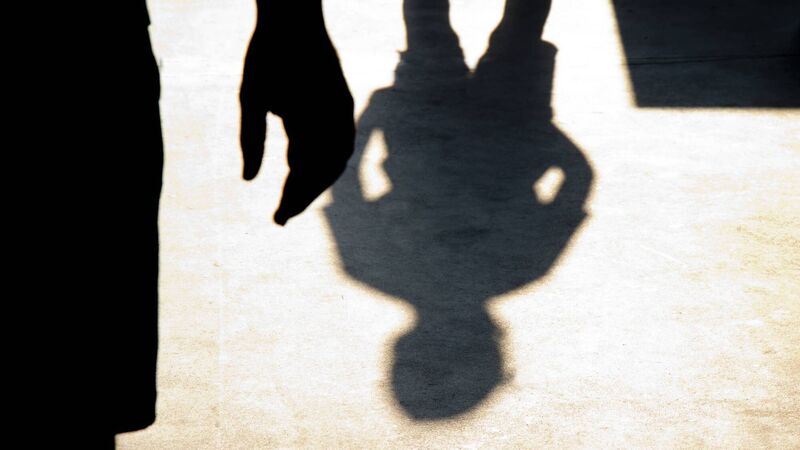What can I do if my child is bullying other kids?

What do I do if my child is a bully?
Last week, I wrote about how you can support your child if they are being bullied. It is one of the most disturbing experiences, as a parent, listening to your child describe how they are being tormented at the hands of their peers.
In today’s tech savvy adolescent world the experience of bullying is even more devastating and subtle. Devices mean children are never free from their tormentors. They are literally in their pockets and bedrooms.








